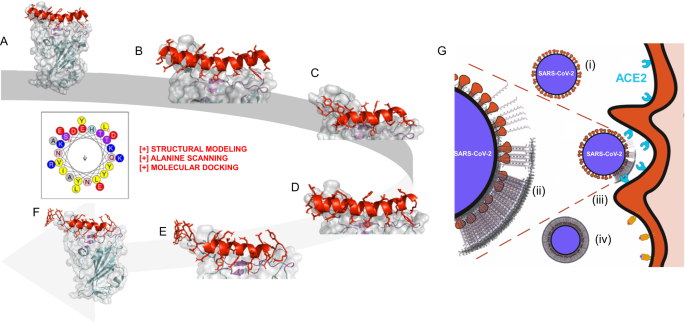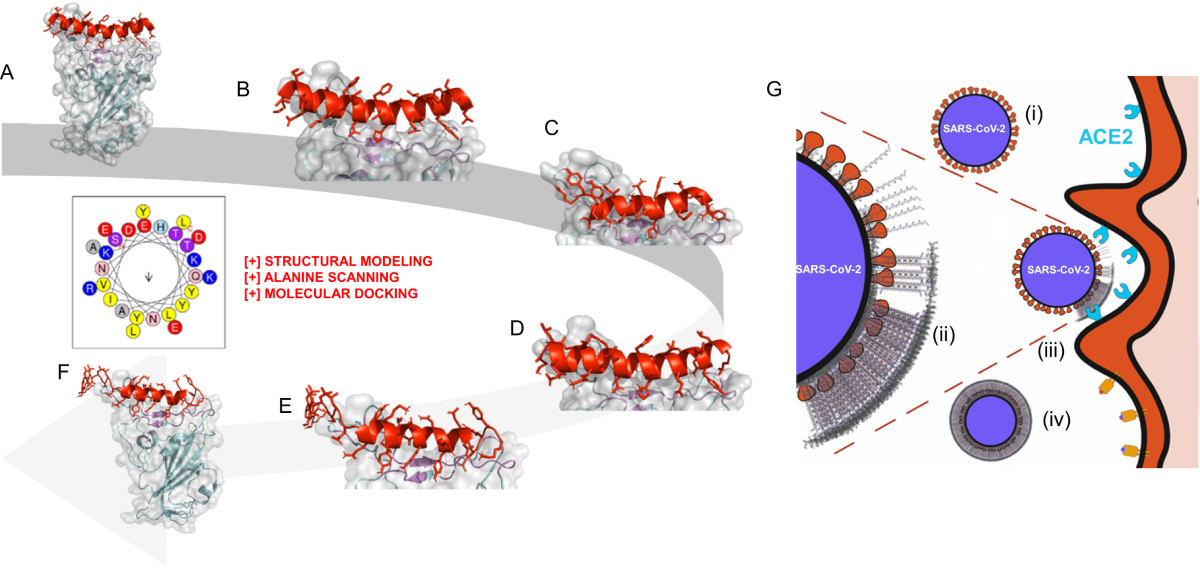Gießenpeptid Relaxation
Gießenpeptid relaxation is a fascinating topic that has garnered attention in the fields of biochemistry and pharmacology. This innovative process involves the utilization of Gießen peptides in therapeutic applications, showing promise in various biological settings. This article explores the fundamental aspects of Gießen peptides, their mechanism of action, practical applications, and potential future developments. We’ll also include images to enrich the readers’ understanding of the subject matter.
Understanding Gießen Peptides and Their Mechanism
Gießen peptides, derived from specialized amino acid sequences, play a significant role in various biological functions. These peptides are known for their ability to modulate physiological processes, such as relaxation inmuscle tissue or modulating pain responses. One primary mechanism is their interaction with specific receptors in the body, which influences the signaling pathways responsible for muscle contraction and relaxation. The relaxation induced by Gießen peptides can provide relief in clinical settings, particularly for conditions like chronic pain or muscle spasms. In clinical studies, Gießen peptides have shown potential not only in reducing pain but also in improving overall muscle function.
The Role of Gießen Peptides in Muscle Relaxation
Muscle relaxation is crucial for recovery and overall health, and **Gießen peptides** have a unique role in facilitating this process. The mechanism involves these peptides binding to receptors that trigger the release of neurotransmitters, leading to decreased muscle tone and increased blood flow. Scientific studies have demonstrated that when Gießen peptides are administered, there is a notable reduction in muscle tension. For example, researchers have shown significant improvements in the relaxation response measured through electromyography, confirming the therapeutic benefits of using Gießen peptides in muscle-related conditions.

Potential Applications of Gießen Peptide Relaxation
The applications of Gießen peptides extend beyond muscle relaxation. Research indicates that these compounds have potential in various therapeutic areas, including pain management and recovery from surgery. For instance, clinical trials have explored the use of **Gießen peptides** in post-operative patients, finding enhanced recovery rates and a noticeable reduction in analgesic use. Moreover, in sports medicine, Gießen peptides are being evaluated for their effects on recovery times in elite athletes, which could revolutionize how we approach muscle recovery and training regimes.

Prospective Research Directions in Gießen Peptide Use
As research on Gießen peptides continues to expand, there are promising avenues for future exploration. Scientists are particularly interested in developing modified versions of these peptides for enhanced efficacy and localized delivery. Novel delivery systems, such as nanocarriers, are being investigated to improve the bioavailability of Gießen peptides, ensuring that they reach their target sites in maximum concentrations. Furthermore, ongoing clinical trials will help refine dosing regimens, minimizing potential side effects while maximizing therapeutic benefits.
Innovations in Gießen Peptide Delivery
Innovative delivery methods are crucial for improving the effectiveness of Gießen peptides. One approach involves utilizing liposomes or other nanoparticle-based systems to encapsulate these peptides. This technique enhances the stability of peptides in the body and allows for controlled release over extended periods and localized application at the sites of action. Researchers have had success in developing these formulations, and early neonatal animal studies show promise for their future application in humans.
Future Potential and Challenges
While the future of Gießen peptide therapies is promising, there are challenges to address. Issues such as understanding the long-term effects, establishing safety profiles, and regulatory hurdles must be overcome before widespread clinical implementation. Nevertheless, continuous research, particularly in the fields of molecular biology and pharmacology, will likely reveal new insights and applications for Gießen peptides over the next few years, making them a focal point in therapeutic strategies.
Key Takeaways
- Gießen peptides play a crucial role in muscle relaxation by interacting with specific receptors.
- These peptides have promising applications in pain management, recovery, and sports medicine.
- Innovative delivery methods, such as nanoparticle systems, are under research to enhance therapeutic effects.
- Future studies will address challenges like safety profiles and long-term effects to optimize Gießen peptide treatments.
FAQ
1. How do Gießen peptides influence muscle relaxation?
Gießen peptides exert their influence on muscle relaxation by binding to specific receptors, leading to changes in neurotransmitter release that facilitate decreased muscle tension. This mechanism is highly significant for conditions involving chronic pain or muscle spasms, allowing for effective management and therapeutic use in clinical settings.
2. Are Gießen peptides safe for clinical use?
Research into the safety profiles of Gießen peptides is ongoing. Early data suggest that they may be well-tolerated in therapeutic applications. However, complete safety assessments, including long-term studies, are necessary before wide-scale clinical use can be recommended.
3. What are the potential outcomes of using Gießen peptides in sports medicine?
In sports medicine, the use of Gießen peptides is being studied for their potential to reduce recovery times and alleviate muscle soreness. Early indications from clinical trials point toward improved performance and quicker recovery, which could significantly impact athletic training regimes.
4. What innovations are being developed for Gießen peptides?
Innovations in the application of Gießen peptides involve modified formulations for enhanced efficacy. Research is focused on delivery systems like liposomes and nanoparticles, which could significantly improve the stability and controlled release of these peptides at targeted sites within the body.
5. Can Gießen peptides be used for pain management in post-operative patients?
Yes, studies indicate that Gießen peptides may be effective in managing pain in post-operative patients. Their use has shown significant reductions in pain scores and overall health outcomes, suggesting a potential alternative to traditional analgesics.
